
There Was A Country by Chinua Achebe
NGN17,760
*There was a country*
The defining experience of Chinua Achebe’s life was the Nigerian civil war, also known as the Biafran War, of 1967–1970. The conflict was infamous for its savage impact on the Biafran people, Chinua Achebe’s people, many of whom were starved to death after the Nigerian government blockaded their borders. By then, Chinua Achebe was already a world-renowned novelist, with a young family to protect. He took the Biafran side in the conflict and served his government as a roving cultural ambassador, from which vantage he absorbed the war’s full horror. Immediately after, Achebe took refuge in an academic post in the United States, and for more than forty years he has maintained a considered silence on the events of those terrible years, addressing them only obliquely through his poetry. Now, decades in the making, comes a towering reckoning with one of modern Africa’s most fateful events, from a writer whose words and courage have left an enduring stamp on world literature.
Achebe masterfully relates his experience, bothas he lived it and how he has come to understand it. He begins his story with Nigeria’s birth pangs and the story of his own upbringing as a man and as a writer so that we might come to understand the country’s promise, which turned to horror when the hot winds of hatred began to stir. To read There Was a Country is to be powerfully reminded that artists have a particular obligation, especially during a time of war. All writers, Achebe argues, should be committed writers—they should speak for their history, their beliefs, and their people.
Marrying history and memoir, poetry and prose, There Was a Country is a distillation of vivid firsthand observation and forty years of research and reflection. Wise, humane, and authoritative, it will stand as definitive and reinforce Achebe’s place as one of the most vital literary and moral voices of our age.
*About the author*
Albert Chinualumogu Achebe, better known by his pen name Chinua Achebe, was a Nigerian novelist, poet, critic, and lecturer who lived from 16 November 1930 to 21 March 2013. Things Fall Apart, his debut novel, is the most widely read work of modern African literature and is regarded as his magnum achievement.
Achebe was born and raised by his parents in the southern Nigerian Igbo town of Ogidi. He was a standout student who received a scholarship for his undergraduate education. As a university student, he started writing stories after becoming attracted by traditional African cultures and other world religions.
He relocated to the city of Lagos shortly after working for the Nigerian Broadcasting Service (NBS) following his graduation. His further books include No Longer at Ease (1960), Arrow of God (1964), A Man of the People (1966), and Anthills of the Savannah (1987). He first received international recognition for Things Fall Apart in the late 1950s. Achebe defended the use of English, a “language of colonizers,” in African literature while penning his works in the language. He famously criticized Joseph Conrad as “a thoroughgoing racist” in his 1975 lecture An Image of Africa: Racism in Conrad’s “Heart of Darkness”; the talk was eventually published in The Massachusetts Review amid some controversy.
Achebe supported Biafran independence after the territory split from Nigeria in 1967 and served as an envoy for the new country’s citizens. He made an appeal for assistance to the people of Europe and the Americas as the conflict decimated the population and violence and starvation took their toll. He got active in political parties when the Nigerian government retook the area in 1970, but he left them shortly after because of the elitism and corruption he saw. He spent several years of his life in the country throughout the 1970s, and in 1990, after a vehicle accident left him partially paralyzed, he moved back here.
Achebe, a titled Igbo chieftain, writes books that center on the Igbo society’s traditions, the impact of Christian influences, and the conflict between Western and traditional African ideals during and after colonialism. His writing style mainly draws from the Igbo oral culture and blends plain storytelling with illustrations of proverbs, folktales, and speeches. In addition, he released a variety of children’s books, essay collections, and short story collections. He held the positions of David and Marianna Fisher University Professor and Professor of Africana Studies at Brown from 2009 until his passing.


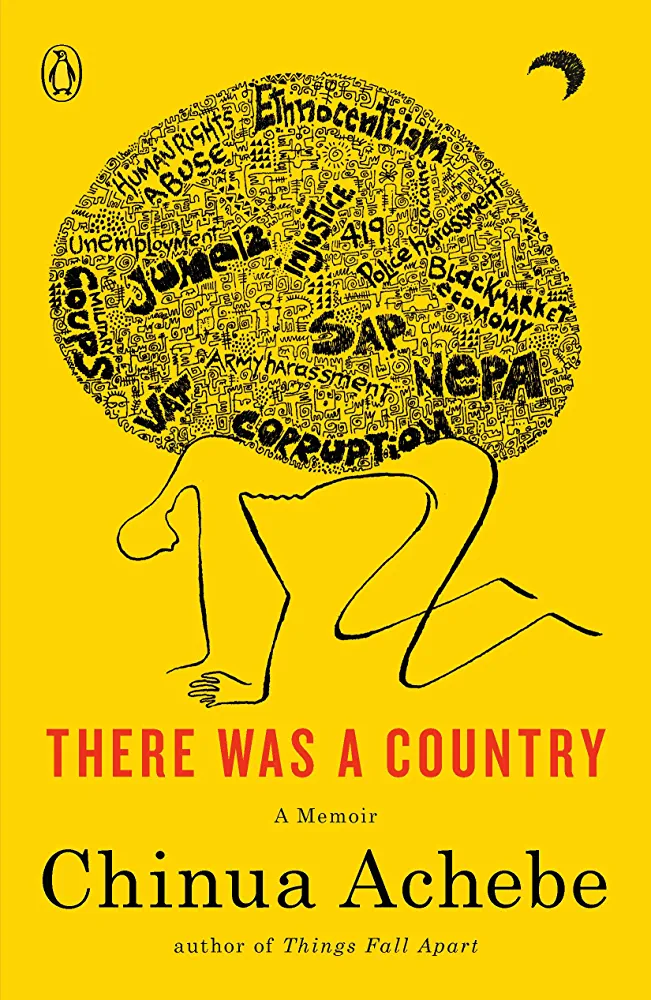
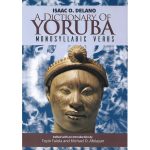
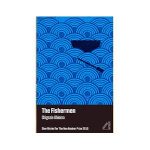
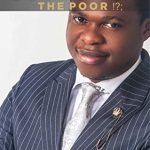

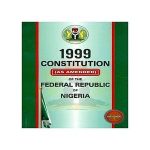

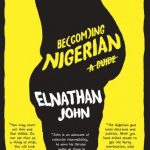
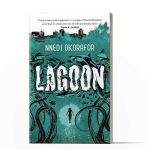

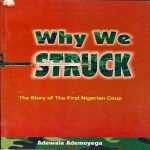

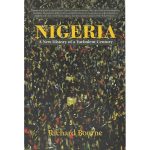
Reviews
There are no reviews yet.